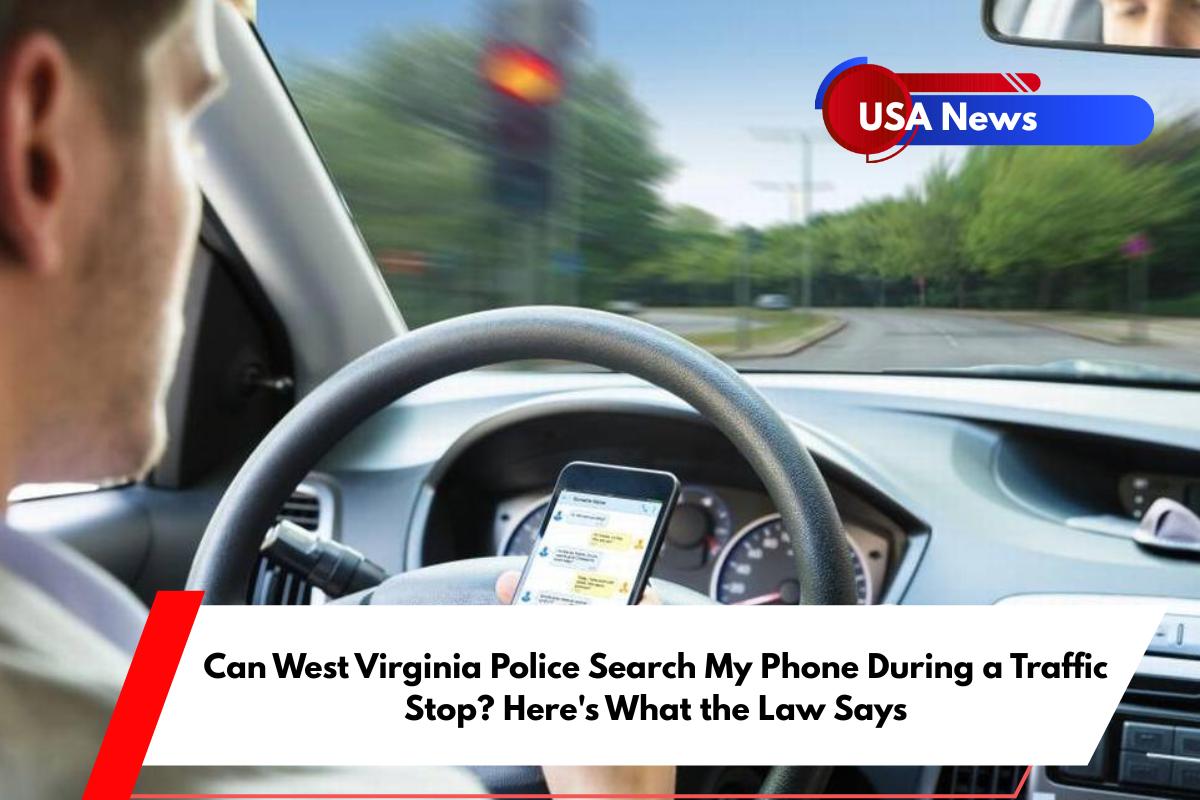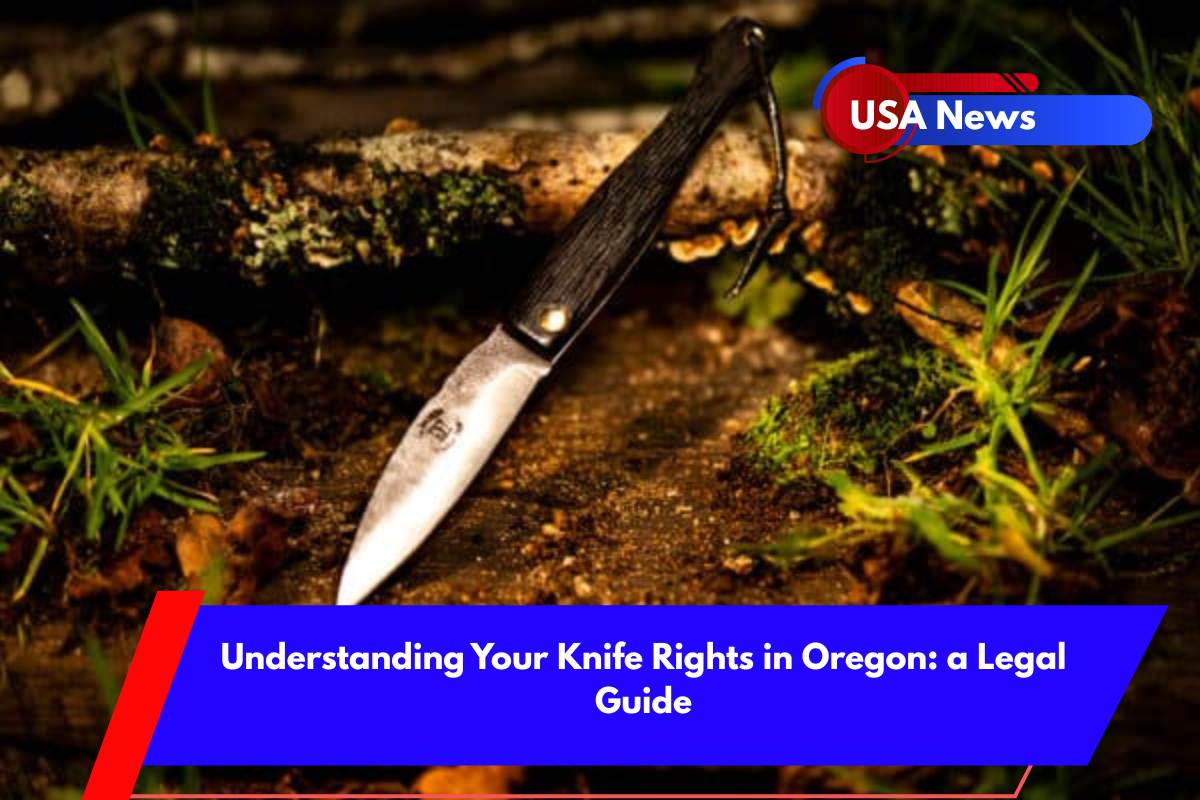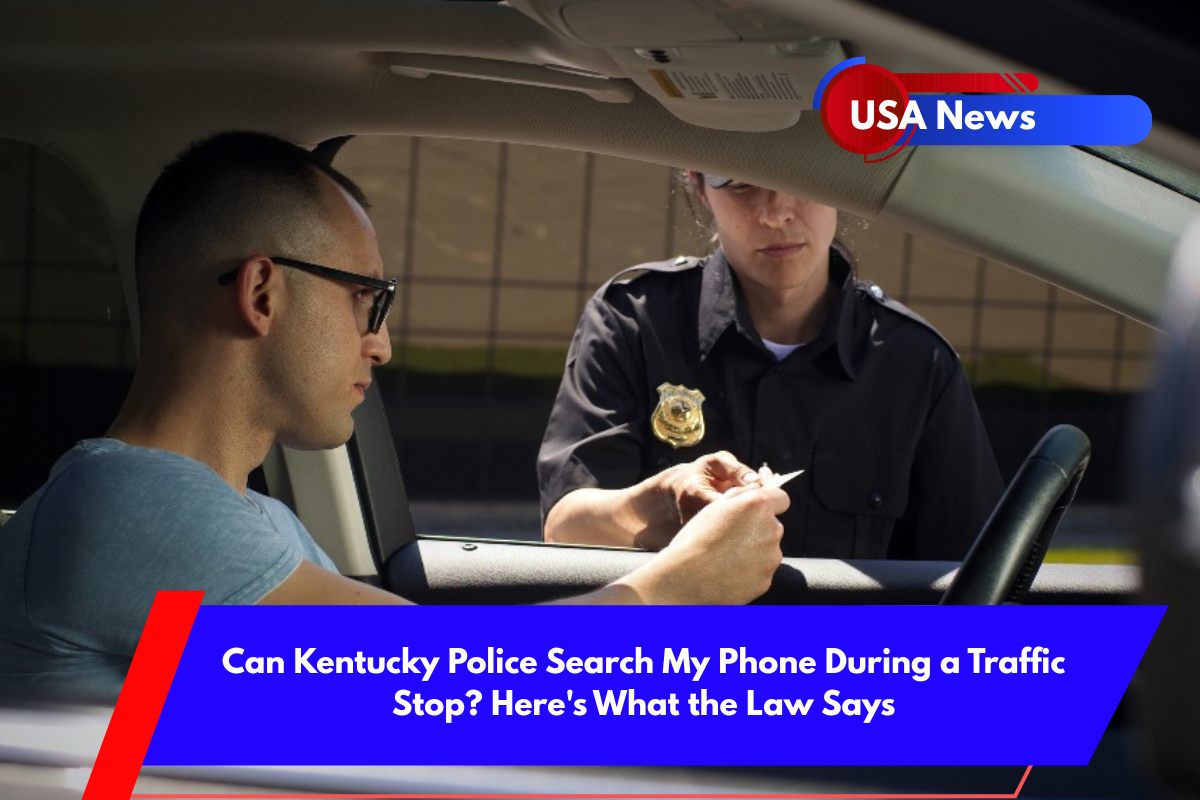In West Virginia, police generally cannot search your phone during a traffic stop without your consent or a warrant. Your phone is protected by the Fourth Amendment, which prevents unreasonable searches and seizures. However, there are exceptions, such as if you give consent or if there are exigent (emergency) circumstances.
What the Law Says
1. Fourth Amendment Protections
Both the U.S. Constitution and the West Virginia Constitution protect you from unreasonable searches and seizures.
The U.S. Supreme Court has ruled that, in most cases, law enforcement needs a warrant to search the contents of your cell phone, even if you are under arrest. This is because your phone holds significant privacy interests, such as personal information and communications.
2. Searches During Traffic Stops
During a routine traffic stop, police may ask for your consent to search your vehicle or belongings, including your phone. However, you have the right to refuse their request. Police can only search your phone if they have:
Probable Cause: A reasonable belief that your phone contains evidence of a crime.
Your Consent: This consent must be voluntary, and you can withdraw it at any time.
A Valid Warrant: A warrant issued by a judge authorizing the search.
3. Consent
If you voluntarily allow the officer to search your phone, they do not need a warrant. However, you are not obligated to give consent, and you can politely refuse. Make sure any consent is clearly documented, and remember that you can withdraw it at any time during the search.
4. Exceptions to the Warrant Requirement
Exigent Circumstances: In rare emergency situations, such as imminent danger or the risk of evidence being destroyed, police may be permitted to search your phone without a warrant.
Plain View Doctrine: This principle generally does not apply to your phone’s digital contents. The contents are not visible without unlocking and searching the device, making this doctrine inapplicable.
What Should You Do If Asked?
Politely Decline: If you don’t want your phone searched, simply say, “I do not consent to a search of my phone.”
Do Not Unlock Your Phone: Unless required by a court order, do not unlock your phone or provide your passcode.
Ask if You’re Free to Leave: If the traffic stop appears to be over, ask if you are free to leave
Sources:
1. https://www.patrickjmclain.com/blog/2024/october/cell-phone-searches-and-the-fourth-amendment/
2. https://code.wvlegislature.gov/62-1A-10/
3. https://code.wvlegislature.gov/email/62-1A/













